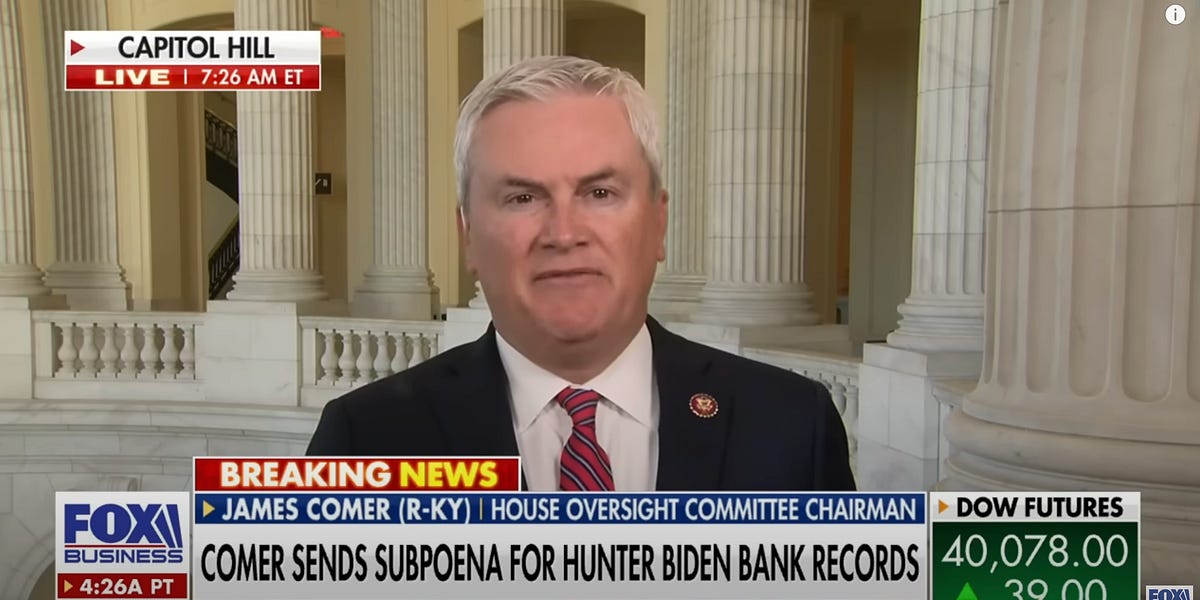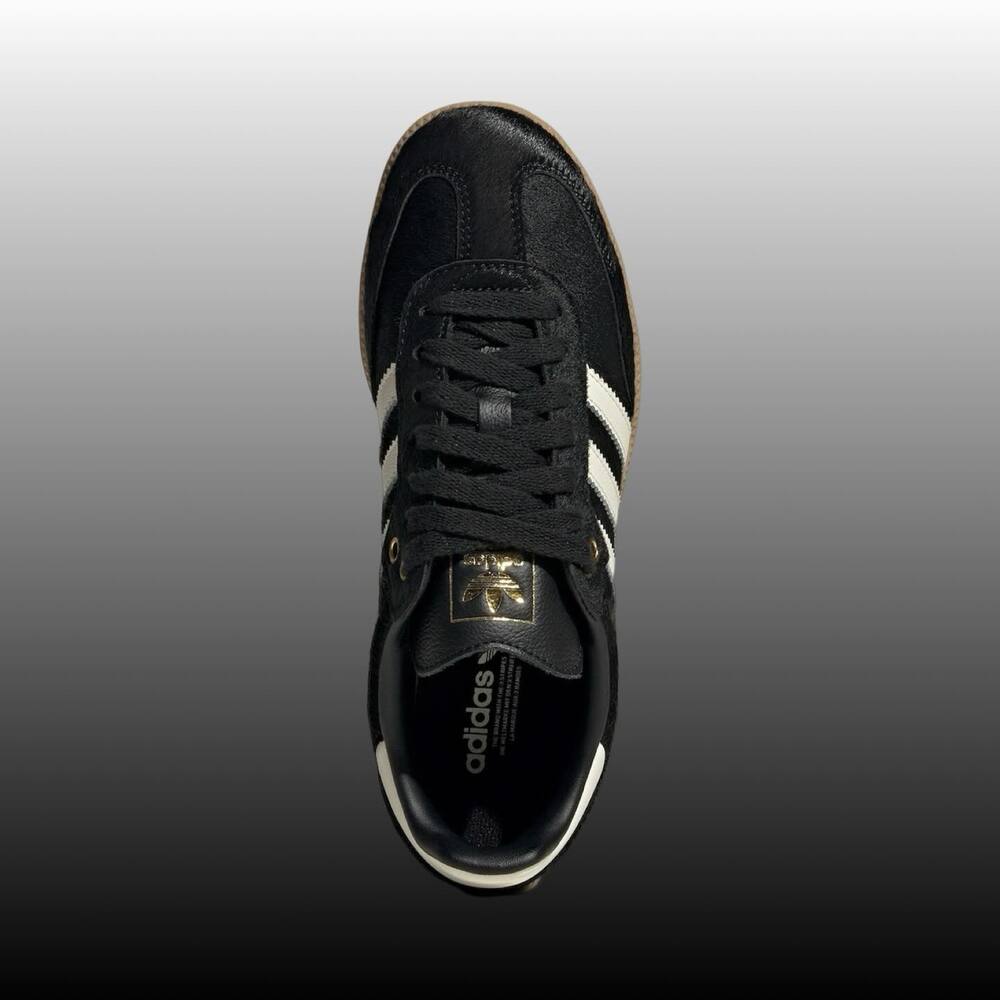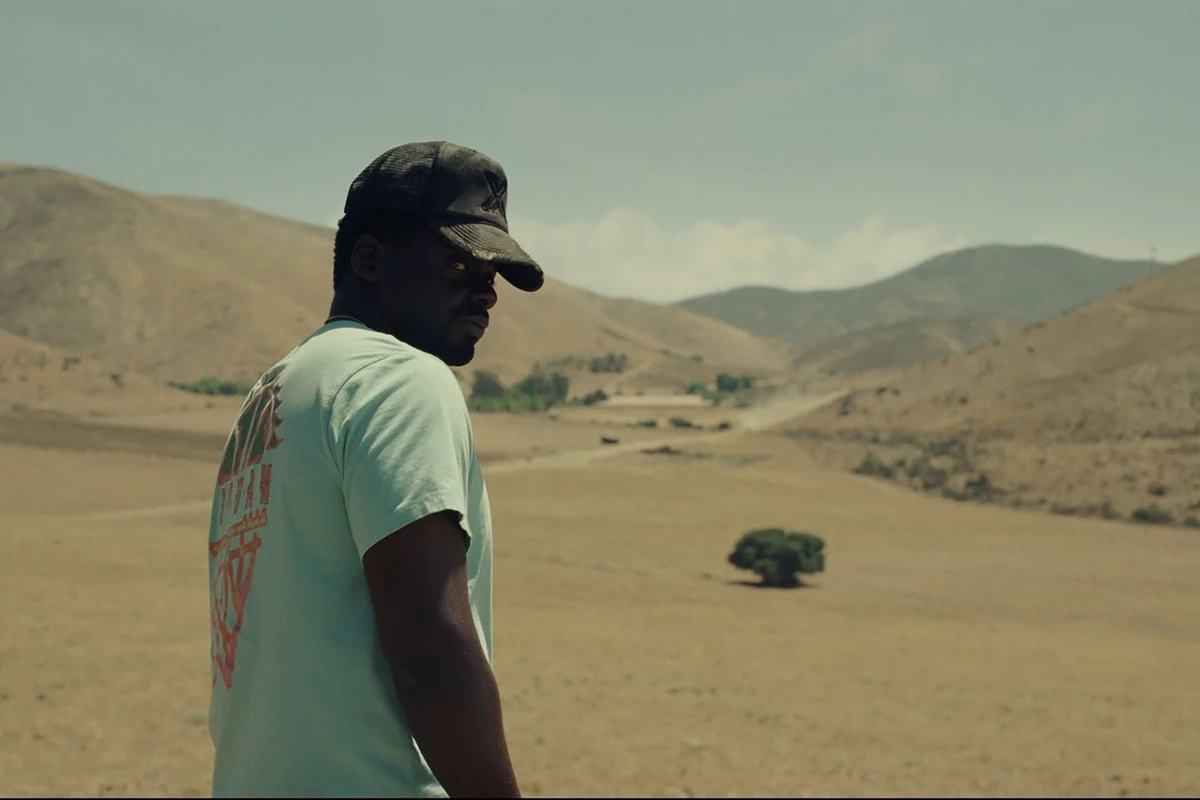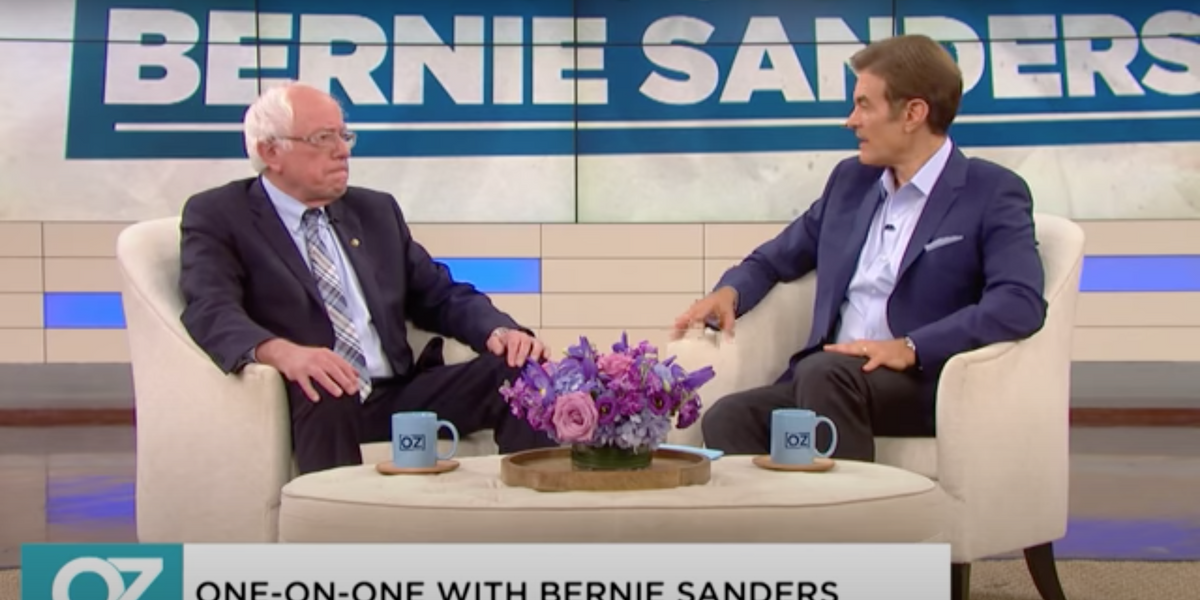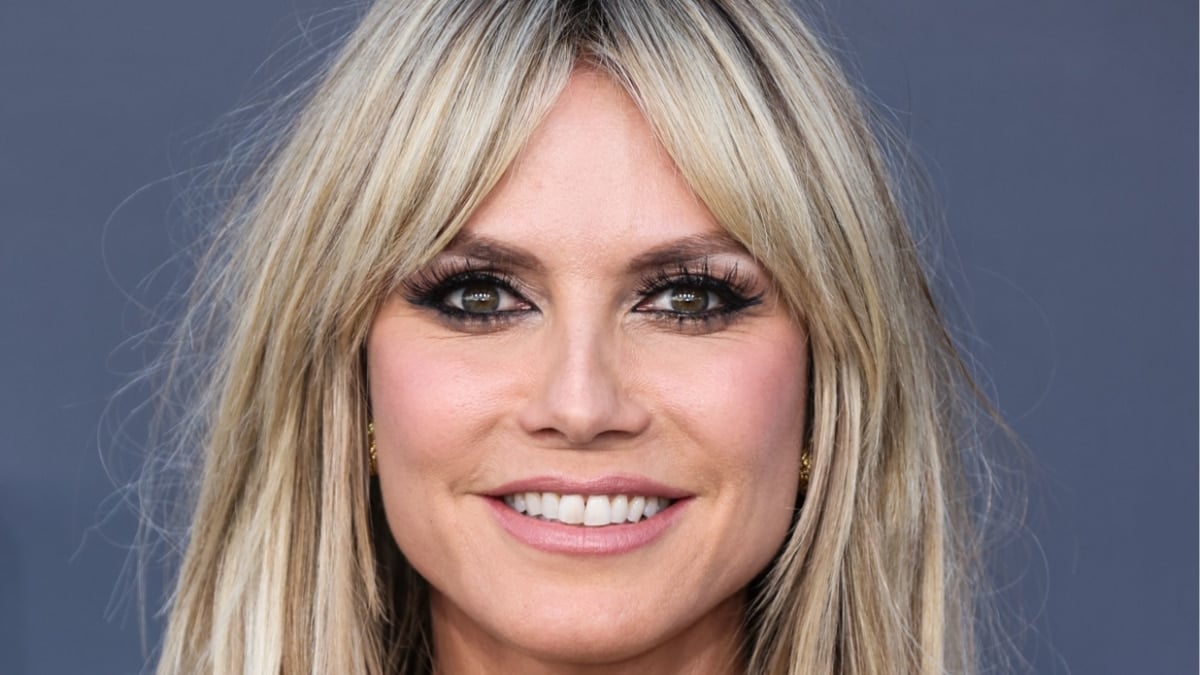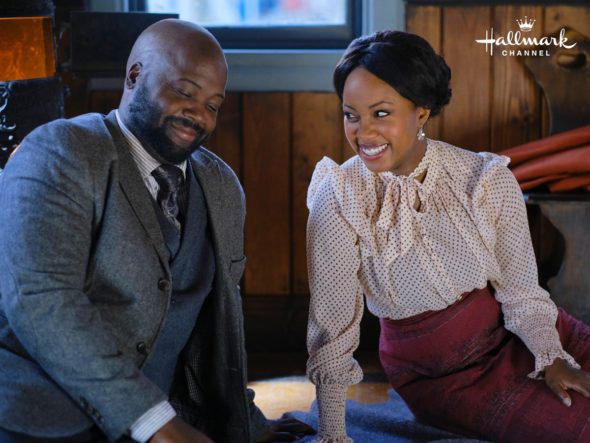The thing that comes through loudest and clearest in Jordan Peele’s work is confidence. Here is a director with stuff to say and images he wants to put out into the world — along with the talent and eye to bring them to life. There are long stretches of his new movie Nope where you feel like you are in the hands of a virtuoso; one who knows exactly what to show and what not to show, when to cut and when not to cut, and when to shock the audience with a deft plot twist. The guy has the goods and he knows it.
Just look at his title. Only someone with supreme confidence in his work would name his movie Nope. If he stumbled, he’d hand every critic the headline of their negative reviews. That won’t be a problem here; once the science-fiction story gets cooking, practically every new scene reveals an image of beauty or nightmarish terror — or both. Nope is also packed with outstanding suspense sequences and brimming with subtext about moviemaking, animal rights, and our culture’s collective hunger for fame.
Peele expresses those ideas through the story of two siblings, OJ (Daniel Kaluuya) and Emerald Haywood (Keke Palmer). Six months ago, their father died in a strange accident and left them the family business: A ranch in Agua Dulce used for training horses to work in movies. As Emerald explains with great pride, one of the earliest examples of motion pictures was “The Horse in Motion” by Eadweard Muybridge, featuring a black jockey on a horse. Muybridge became one of the founding fathers of movies. The jockey remained unknown — but according to Emerald, it was her and OJ’s great-grandfather, who went on to found their ranch, Haywood’s Hollywood Horses.
But the Haywood ranch is now in rough shape, and OJ has taken to selling some of the horses to their neighbor Jupe (Steven Yeun) and his little Western theme park just to make ends meet. Then things get really bad when a UFO appears in the skies above Agua Dulce. At that point, OJ and Emerald do what any couple of young, broke people would do: They go to a big electronics store, load up on security cameras, and try to get concrete proof of aliens that they can then sell for a fortune.
That’s about all the plot that’s covered in Nope’s trailers, so I’ll leave the rest of Peele’s surprises, including the precise nature of that UFO, for you to discover yourself. I will say that while I have to assume Peele’s eventual explanation for what’s going on with that unidentified flying object has been used previously by someone in the long history of science-fiction stories, I’d never seen it before — and it’s really clever.
Peele also has the confidence to let his tale unfold gradually. He spends significant time with OJ and Emerald, and introduces several other key supporting characters like Jupe, who has a sad backstory as a child actor that doesn’t necessarily weigh heavily on the plot in the present, but does inform the message that Nope is trying to get at involving the movie business’ exploitation of everyone from actors to animals. Yeun brings a haunted, tragic quality to his character, even as he delivers one of the movie’s funniest speeches about a mythic Saturday Night Live sketch from the 1990s that poked fun at an incident from Jupe’s past.
In another era, Peele’s work might not feel quite so special. Certainly he’s not the first person to make horror movies that are as lovely as they are chilling — or to use horror and science-fiction stories as allegories for real-world issues. But these days, when so much of what makes its way to theaters are sequels, remakes, and big and ugly action movies, he does seem to be operating on a different level than almost all of his peers. Working with cinematographer Hoyte van Hoytema, Peele alternates between gorgeous Western landscapes and images (and sounds — dear lord, the sounds) of abject terror that viewers will not easily forget.
At the same time, Nope is never too gory or gruesome, or bloody for the sake of shocking the audience. Some of its best moments mediate the onscreen horror by placing it at a distance and letting our imaginations run wild. Clouds obscure a strange object in the sky. A gauzy tablecloth partly blocks our view of a blood-soaked creature. Peele finds inventive ways to force us to look at the screen to find something hidden in the frame at the same time we’re desperately trying to avert our eyes because we know something terrible is coming. The way he manipulates that push and pull between fascination and fear is really something.
My initial reaction to Nope’s climax was somewhat frustrated; as powerful as Peele’s visuals are throughout the rest of the movie, a few individual beats in the big finale were a little unclear, at least on this first viewing. One key character, a filmmaker played by Michael Wincott, gets a lot less screen time and far fewer details than the rest of the cast, and that also hurts that climactic showdown. With its methodical pacing and thoughtful message, Nope is arguably less conventionally entertaining than either Get Out or Us.
But the more I sat with the film, the more I found myself returning to the sequences that work (and I mean really work), and to the way all of Nope’s stories and characters collectively create a portrait of an uncaring entertainment business that’s constantly looking for new targets to chew up. It doesn’t even spit them out. Sometimes, it devours them whole.
RATING: 8/10
The Best Movies of 2022 So Far
Of all the titles released so far this year, here are the ones you have to see.








